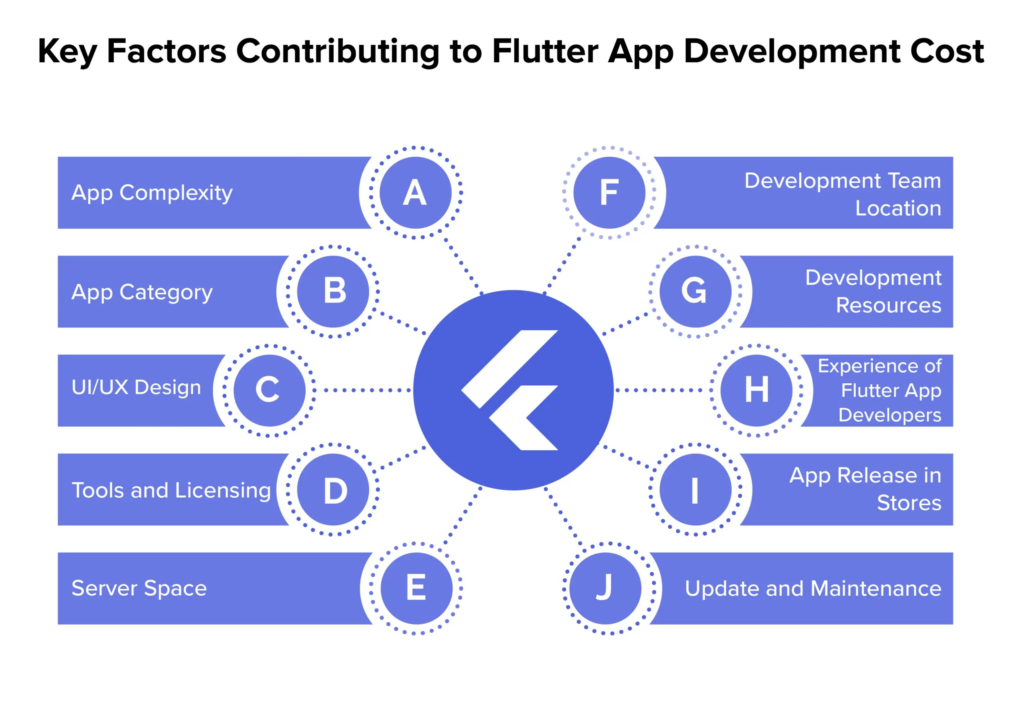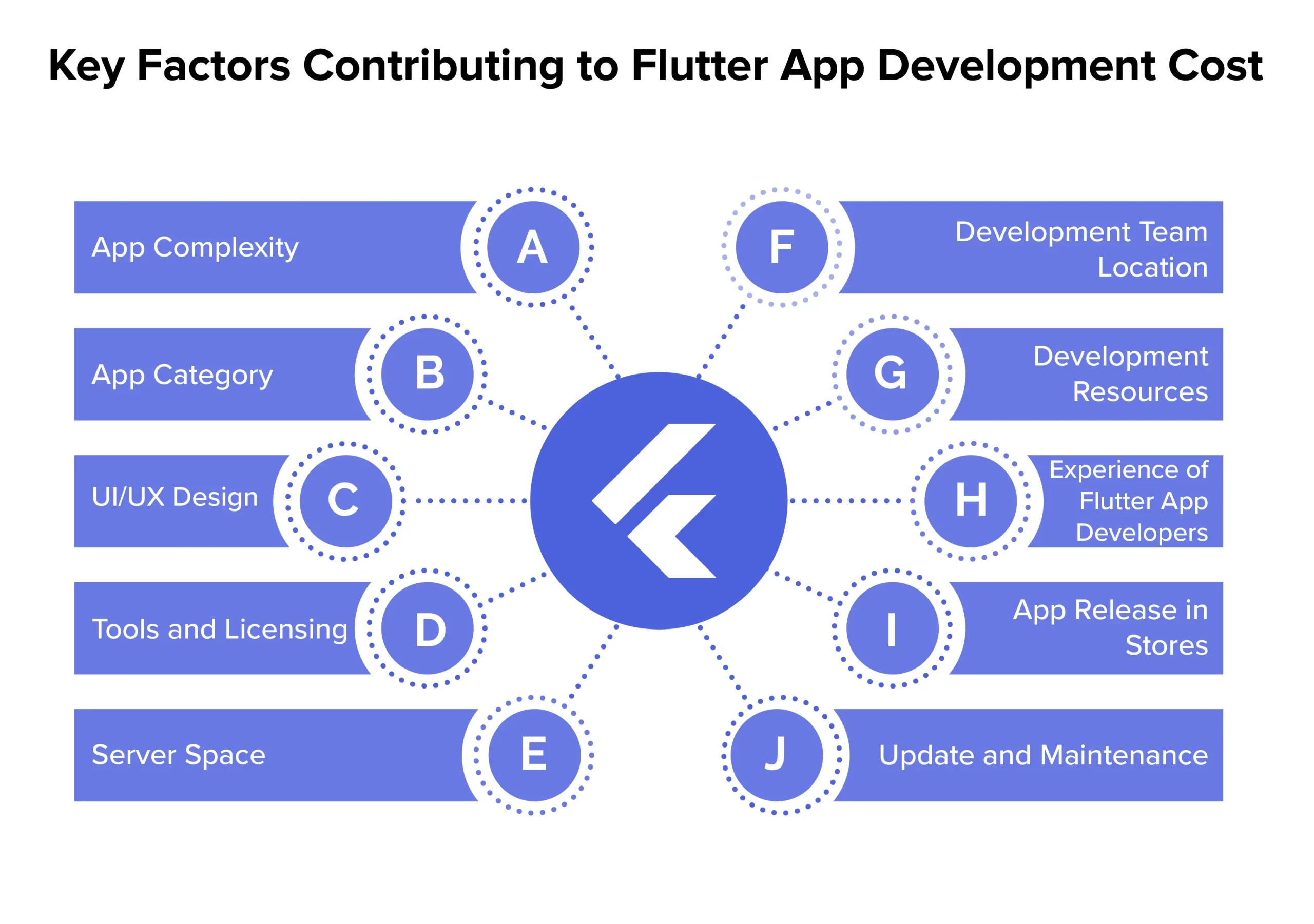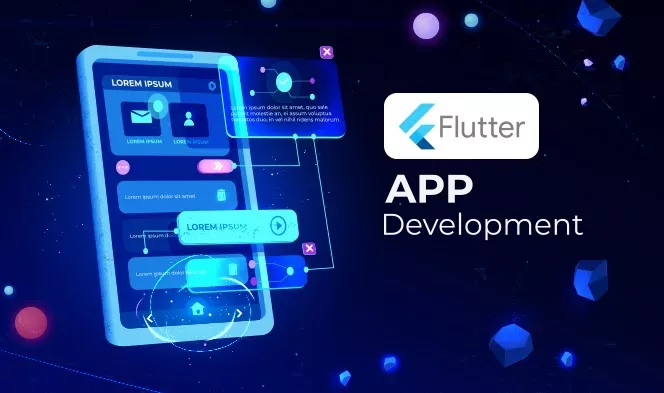In the ever-evolving world of software development, Flutter has emerged as a popular choice for building cross-platform applications. Developed by Google, Flutter allows developers to create high-quality native applications for both iOS and Android from a single codebase. But one question that frequently arises among developers and business owners is, “Is Flutter free for commercial use?” In this blog post, we’ll dive into the details to provide a clear answer.

What is Flutter?
Flutter is an open-source UI software development toolkit created by Google. It provides a rich set of pre-designed widgets and tools that help developers build natively compiled applications for mobile, web, and desktop from a single codebase. Launched in 2017, Flutter has gained significant traction due to its performance, flexibility, and ease of use.
Licensing and Cost
Flutter is licensed under the BSD 3-Clause License. This is a permissive open-source license, which means it imposes minimal restrictions on the use of the software. Here’s what you need to know about its licensing and commercial use:
- Open-Source Licensing:
- The BSD 3-Clause License is known for its permissiveness. It allows for modification, distribution, and private use without many restrictions. This means you can use Flutter in your commercial projects without worrying about licensing fees or complex legal issues.
- No Cost for Flutter:
- Flutter itself is completely free to use. There are no hidden costs or licensing fees associated with using the Flutter SDK to develop your applications. You can freely download, modify, and distribute your applications built with Flutter.
- Third-Party Libraries:
- While Flutter itself is free, keep in mind that your project might depend on third-party libraries or packages. Some of these packages might have their own licenses, and you’ll need to review their terms to ensure compliance, especially if they are not open-source or have specific commercial use restrictions.
- Commercial Use:
- You are free to use Flutter for any commercial purpose, including developing and selling applications. Whether you’re building apps for clients or launching your own products, Flutter’s licensing does not impose restrictions on how you monetize your applications.
Key Benefits of Using Flutter for Commercial Projects
- Unified Codebase:
- With Flutter, you write code once and deploy it across multiple platforms. This saves development time and reduces costs, making it an attractive option for commercial applications.
- Performance:
- Flutter’s architecture allows for high performance with native-like experiences. This is crucial for commercial applications where user experience and performance are key.
- Rich Set of Widgets:
- Flutter provides a comprehensive set of widgets and tools, enabling developers to create aesthetically pleasing and functional UIs that can be tailored to match brand requirements.
- Strong Community Support:
- As an open-source project, Flutter benefits from a vibrant community. This means you can access a wealth of resources, tutorials, and support, which is invaluable for commercial projects.
Conclusion
Yes, Flutter is free for commercial use. Its permissive BSD 3-Clause License allows you to use, modify, and distribute your applications without worrying about licensing fees or restrictions. This makes Flutter an excellent choice for developers and businesses looking to build cross-platform applications efficiently and economically.
By leveraging Flutter’s capabilities, you can create high-quality applications that perform well across different platforms, all while taking advantage of the cost-effectiveness and flexibility offered by its open-source nature. So, whether you’re a developer working on client projects or a business launching a new product, Flutter provides a powerful and free solution for your commercial needs.



Leave a Reply